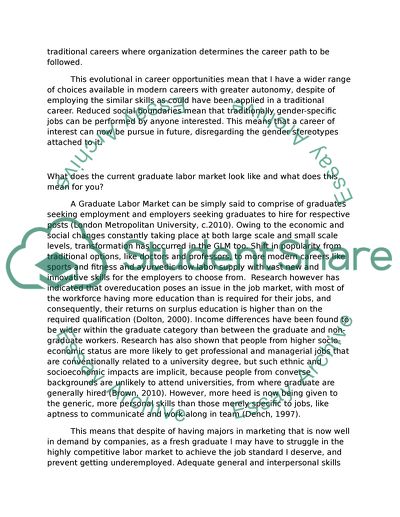Cite this document
(“Employability and Personal Development Assignment - 1”, n.d.)
Retrieved from https://studentshare.org/social-science/1573824-employability-and-personal-development
Retrieved from https://studentshare.org/social-science/1573824-employability-and-personal-development
(Employability and Personal Development Assignment - 1)
https://studentshare.org/social-science/1573824-employability-and-personal-development.
https://studentshare.org/social-science/1573824-employability-and-personal-development.
“Employability and Personal Development Assignment - 1”, n.d. https://studentshare.org/social-science/1573824-employability-and-personal-development.


